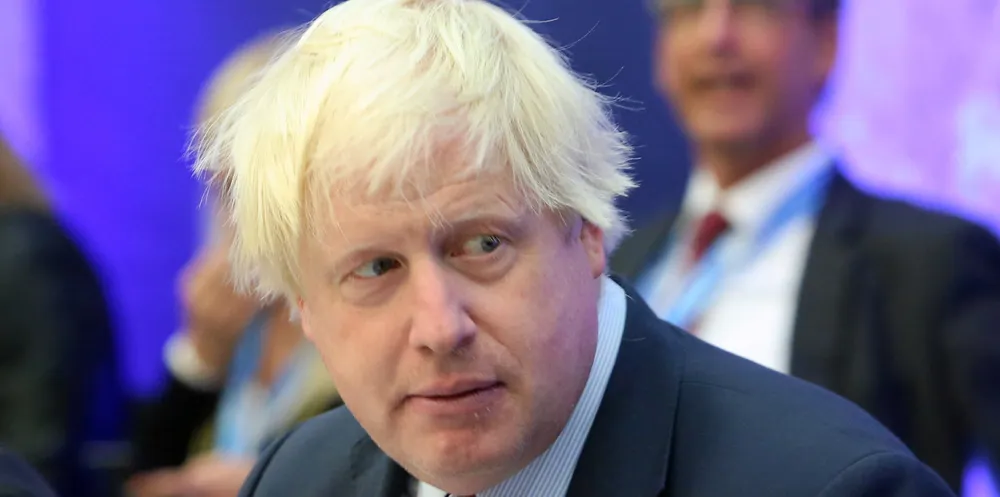'Your deal has failed the industry': Scottish fishermen blast Boris Johnson's Brexit deal
CEO of leading fishing association said the reality does not match what the prime minister promised the sector.

CEO of leading fishing association said the reality does not match what the prime minister promised the sector.
